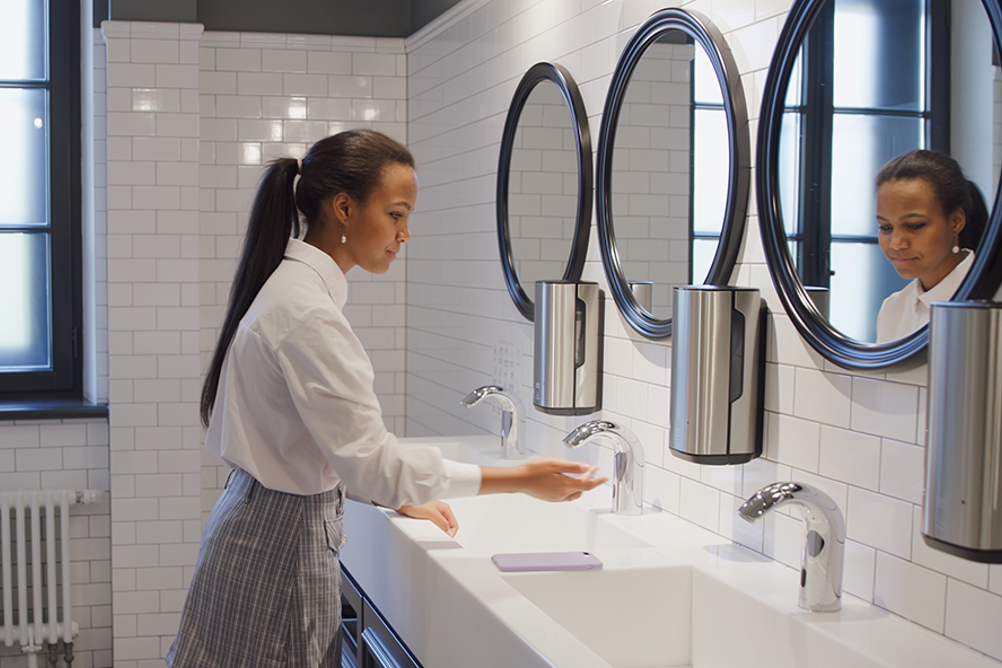
Research has reveals that 16% of teachers have prevented a student who has their period from using the bathroom during lessons and 30% of teachers believe girls should “wait until the end of a lesson”.
One 15-year-old girl said: “If the toilets are locked when you have a period, you’re in trouble. A friend of mine bled through her uniform.”
The findings show that concerns about issues such as truancy, vaping and bullying are preventing teachers from allowing students to leave their lessons.
However, the survey report reminds schools: “For every teenager asking for a toilet break without a valid reason, there could be another who is about to bleed through their uniform.”
Register now, read forever
Thank you for visiting SecEd and reading some of our content for professionals in secondary education. Register now for free to get unlimited access to all content.
What's included:
-
Unlimited access to news, best practice articles and podcast
-
New content and e-bulletins delivered straight to your inbox every Monday and Thursday
Already have an account? Sign in here
